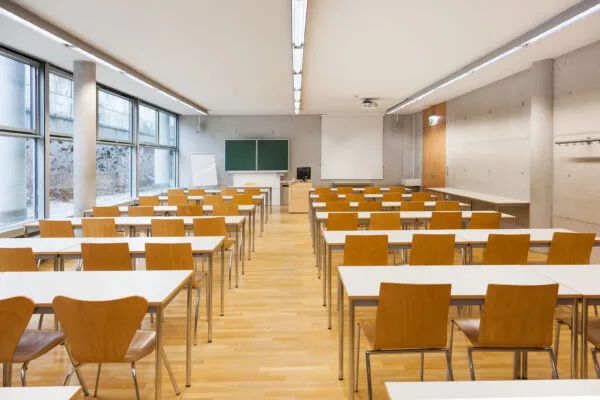
NAME:
SOWI - UR 3
BUILDING:
SOWI
FLOOR:
-1
TYPE:
Seminar Room
CAPACITY:
70
ACCESS:
Only Participants
EQUIPMENT:
Beamer, PC, WLAN (Eduroam), Overhead, Flipchart, Blackboard, Handicapped Accessible, LAN
This contribution aims at providing an insight into the consequences of climate change on low-altitude micro-ski resorts. In particular, the study focuses on two micro resorts in the Piedmont Region, in the Northwestern Italian Alps, namely Balme and Piamprato Soana.
The two locations have some common characteristics: Both the two ski facilities are owned by a public administration, the Municipalities of Balme and Valprato Soana, they are located at low altitude, respectively at 1,349 m and 1,550 m above sea level, and they have a ski lift serving a single slope of around 600 m.
Considering climatic datasets from 1993 to 2023 for Piamprato Soana and from 2006 to 2023 for Balme, we have estimated the time windows in which the average winter minimum temperature will be around 0 °C, with a potential of zero-natural snowfall. Our provisional results support previous research pointing out how low-altitude ski resorts are particularly suffering from higher temperatures, and opening concerns about the future of these installations. Indeed, the results report a time window of around 20-25 years to define the best strategy to be adopted for the future development of the local community, and to manage the end of life of the installations.
This study has been carried out as part of the project “Economic and environmental sustainability of micro-ski resorts in time of climate change (SciAlp),” funded by Fondazione Cassa di Risparmio (CRT) of Torino, Italy.

We and use cookies and other tracking technologies to improve your experience on our website. We may store and/or access information on a device and process personal data, such as your IP address and browsing data, for personalised advertising and content, advertising and content measurement, audience research and services development. Additionally, we may utilize precise geolocation data and identification through device scanning.
Please note that your consent will be valid across all our subdomains. You can change or withdraw your consent at any time by clicking the “Consent Preferences” button at the bottom of your screen. We respect your choices and are committed to providing you with a transparent and secure browsing experience.
Notifications